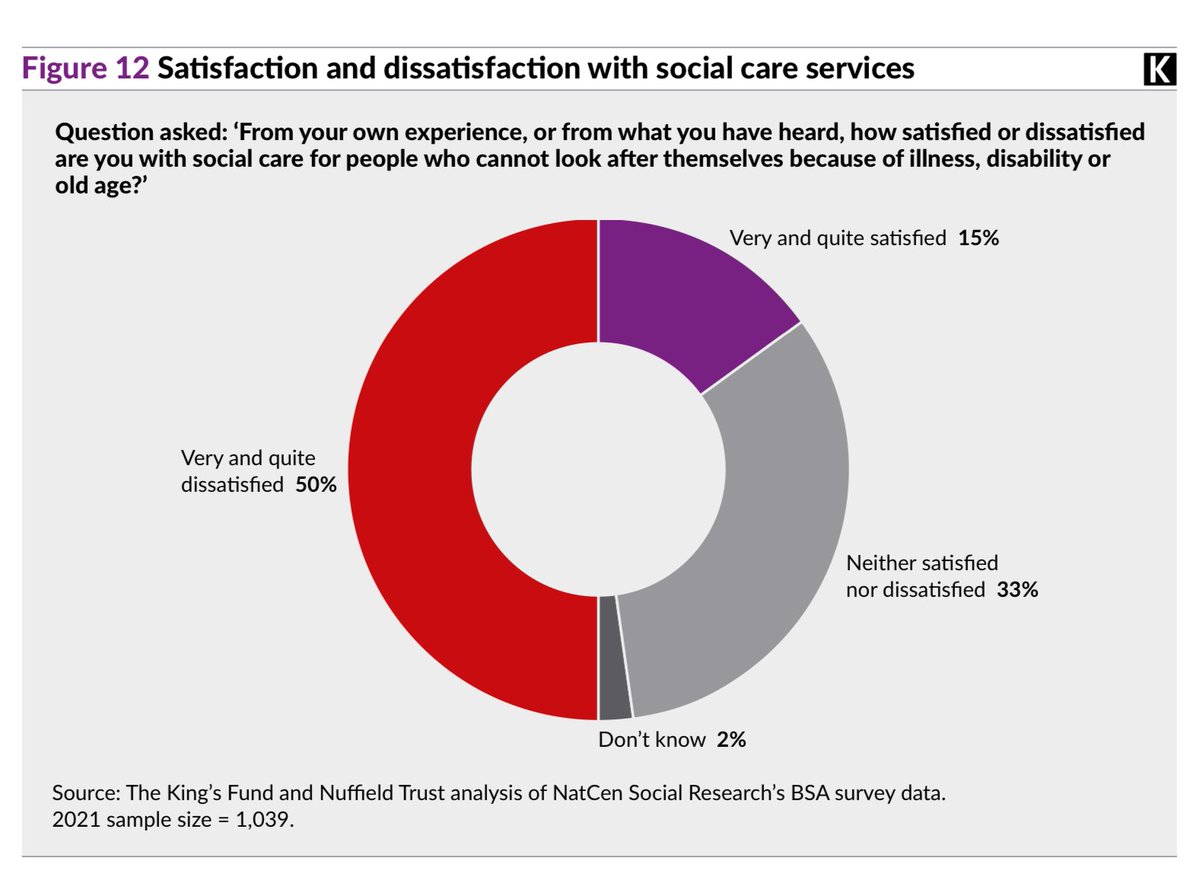
I spent two days last week with social services professionals from 40+ countries at the @ESNsocial conference in Hamburg. A quick thread here on some key #socialcare themes. Very impressionistic and not always evidenced so take with large pinch of ‘salz’. essc-eu.org/about-essc-202…
Increasing demand for services seemed a consistent issue, forcing at least some countries to evaluate what they do and how. One Icelandic delegate said its country’s approach was ‘moving from a right to have services to a need to have services’.
That demand was mainly driven by long term factors, particularly ageing populations. But inevitably it was exacerbated by COVID-19, which exposed underlying structural problems. ‘We were unprepared as a sector’ said @ThomasBignal. Sound familiar? kingsfund.org.uk/publications/c…
But the war in Ukraine is now having serious impact (and feels far more urgent and immediate than in the UK). Before, the city of Hamburg was seeing 1,800 refugees a month. Now it is seeing 1,800 a day.
Meeting demand, particularly in #socialcare, was made harder because of an ageing and underpaid workforce, with pay consistently below the average in most countries said @IvailoKalfin. COVID brought more recognition but one delegate asked ‘Is applauding enough?’ Familiar again.
My presentation, on the need to recruit a younger workforce, seemed to resonate. As one Danish delegate later said, we need to make work places ‘delicious’ for young people to work in. kingsfund.org.uk/blog/2021/11/s…
Other common issues emerging: data management/security; integration of health/care; tensions between national/municipality/local levels; medicalisation. And another familiar one: a French delegate bemoaned that ‘money is spent on repair and not on prevention.’
Some issues resonated even more strongly for England than others. When a Belgian delegate complained that ‘there is too much focus on preventing fraud so we have turned a ‘helpful process into an administrative process’, I couldn’t help thinking ‘direct payments’.
There were lots of ideas on show. I was interested in the Vienna Social Fund’s council in which 34 reps are elected by its ‘clients’: 9,000 people with disabilities. essc-eu.org/project-forum-…
I also really liked the idea of the ‘Aarhus compass’ and its attempt to reimagine the city’s role as ‘less system. Though, as with the Vienna example, it’s hard to know how meaningful this is without knowing a great deal more. That’ll have to wait for another day though. 

• • •
Missing some Tweet in this thread? You can try to
force a refresh






